In an English-speaking country like Australia, you'd better not say a word that begins with an F, which is: FAT
Yes, it's the word "fat," and if you don't understand why, if you've used it unconsciously to describe someone else, or even to someone you're talking to, you should take a good look at this article today.
My 5-year-old niece asked me: am I fat?
Co-ordinated Wellington, 45-year-old photographer Mandi Lynn is obsessed with a shooting project: nude photos. For 600 women She has finished 200 so far.
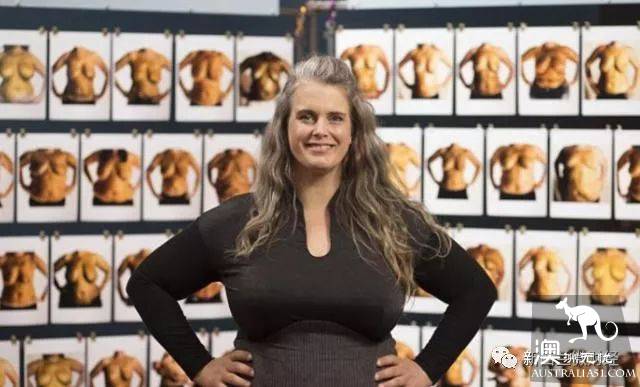
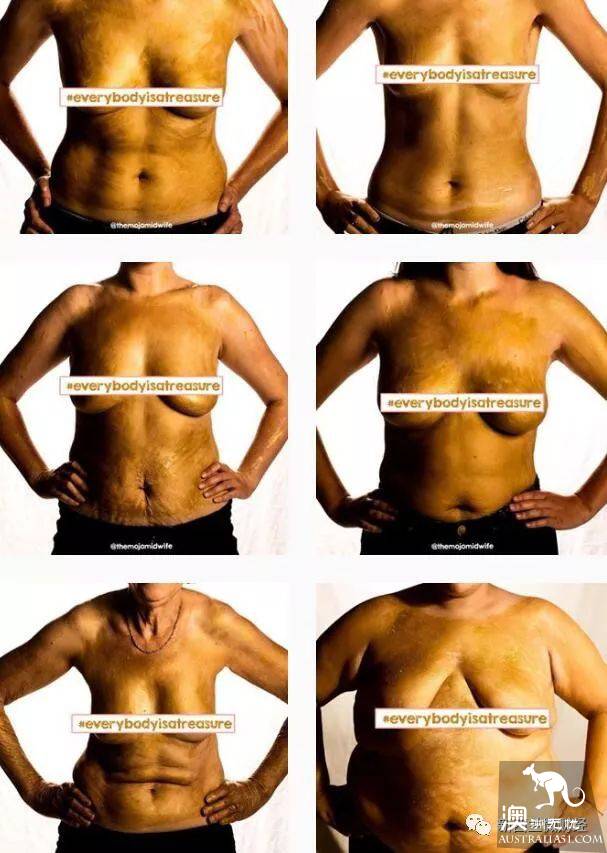
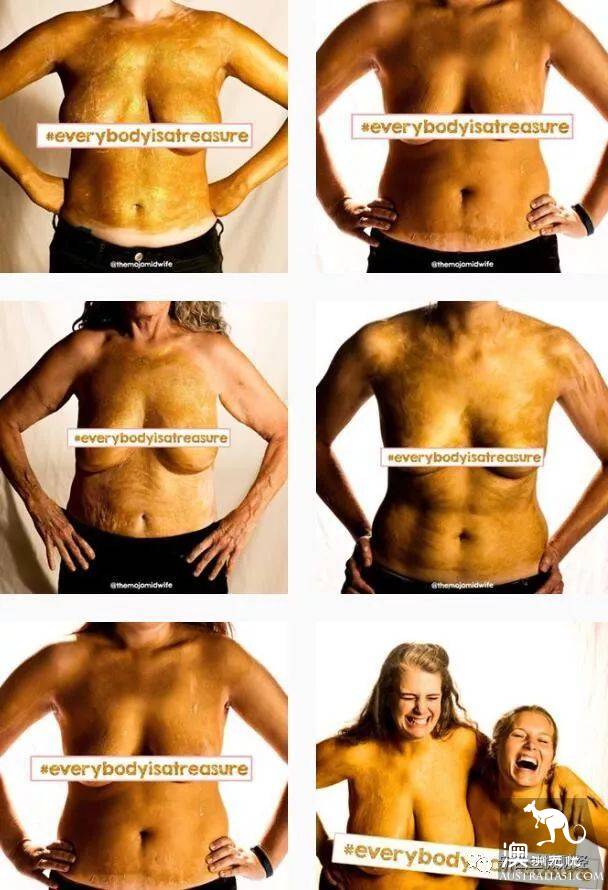
Use # everbodyisatreasure's tag, on Instagram and you can find her work.
Many of the subjects are in what we see as "not well-built" or "fat", as opposed to the images of beauty models and fitness network celebrities that are everywhere on social media.
"the women who came to my project, some had mastectomy, some had disabilities, some were not confident in their bodies, but in the end they all learned one thing: the body is just a pair of bodies."
"instead of seeing our body as a weakness, we should learn to value it-that's why my project is called 'everyone is a treasure,' and that's the message I want to send."

"every day we see countless photos of PS, but what is the real human body like? My goal is to let people look at these photos, think deep down, and then feel like This is okay. "
Lynn said the reason for the project was that one day, her niece, who was only 5 years old, suddenly asked her, "am I fat?"
Lynn was stunned. She said that although her mother, her sister and herself had been troubled by body problems, her niece, at such an early age, had learned to worry about her body and said she was "fat", which really worried her.
In English-speaking countries, these words
Don't say anything to fat paper.
You may not understand why Lynn was shocked by the use of the word "fat" by her niece.
Actually, it's not just fat,.
People are trying to avoid the use of these words, even if they use fatness,obese,obesity,heaviness,large-size, overweight, they are careful.
Shouting Fatty,fatso to others is an absolute no-go for insulting words like fazzo), corpulent.
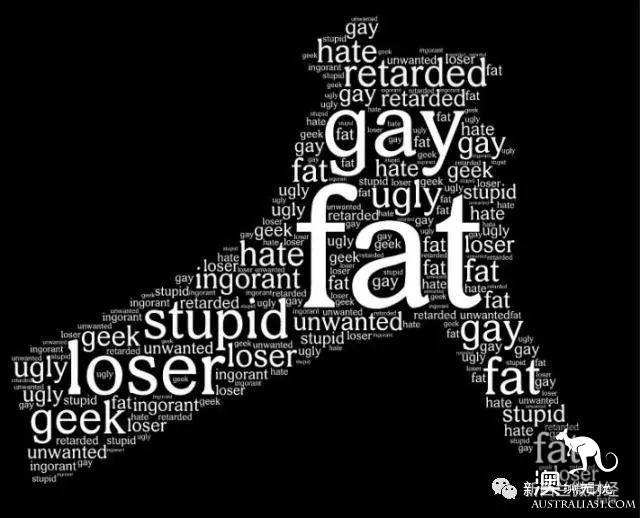
A picture of words like murderers, the word fat takes up more space than the words "ugly", "stupid," loser, "retarted," and so on.
In one of the three episodes that BBC has done, it also named some sentences that made fat paper feel very uncomfortable:

"You'll never get a partner if you look like that. (how to find someone like this) "
"Are you sure you want to eat that (, are you sure you want that?"
"Should you be wearing that? Should you go out in this? "
"Have you tried exercise? Have you tried much exercise? "
"Are you worried about your health? Aren't you worried about your health? "
"Imagine how good-looking you'd be if you lost a bit of weight (, imagine how nice you will be if you lose a little bit of weight."
It is also considered unacceptable to say "You are NOT fat" in front of fat paper and to say "I feel so fat" in front of fat paper.
The fat papers who took part in the BBC discussion said that the person who said it might be out of good intentions, or subconscious, but whether or not those words were said, they were playing call, for the beauty of being skinny at the moment. Is to assume that all fat paper must be aimed at thin, that is, to imply that fat is not worthy of being loved, is to deepen social discrimination against fat paper.

Somatotype discrimination
Is fat paper too glassy?
In the Chinese context, it seems that it is no big deal to say who is fat, it seems to be just stating a fact.
Then why is the modern English society so secretive about such an "ordinary" word?

In an article called "What We Really Mean When We Call People Fat," the author points out at first glance:
In an English society, the word Fat is full of discrimination, prejudice and stereotypes, such as-
Thin = have status and wealth
Fat = lack of ambition and will
Fat people don't love themselves enough.
Obese people should be ashamed of it.
Obese people are more likely to be depressed
……
"just looking at someone else's body, we're starting to assume the status of Ta, the level of will, the mood, the value of the whole person. It's far from aesthetic."

Some even argue that somatotype discrimination against (Sizism) has become a discrimination comparable to racial discrimination against (Racism).

Somatotype discrimination, often referred to as fat-shaming--, is a personal attack on you against your weight problem.
Like body-shaming, slut-shaming, fat-shaming is a new concept for Chinese readers.
However, the English community began to fat-shaming, people of "big size", especially women, with some history, probably dating back to the Victorian era of the 19th century:
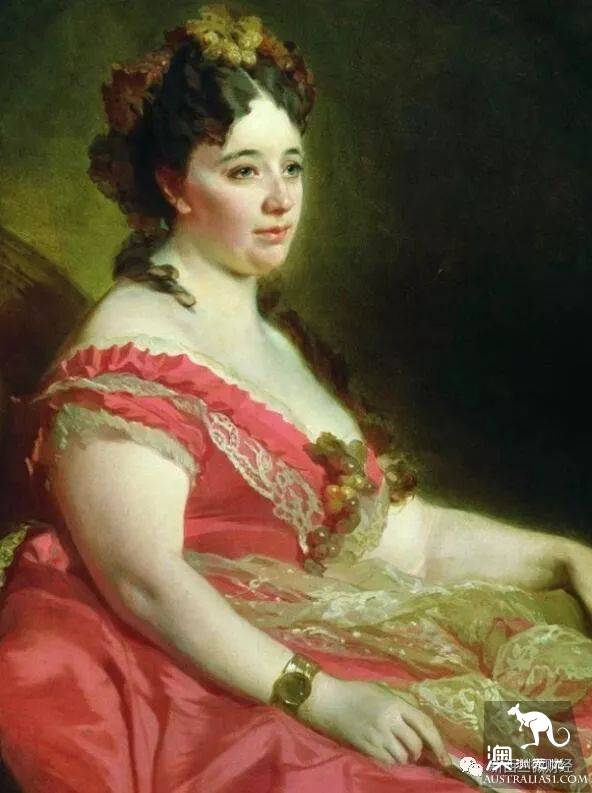
< The Female Offender > is a crime literature published in 1895. In this book, author Cesare Lombroso links obesity to prostitution behavior-he deliberately finds obese prostitutes, and at the same time brings in some of the same age. The "moral" woman, who is about the same height, compares the two and concludes that prostitutes are fatter and fatter, and then he uses the same method to conclude that women with mental illness are usually fatter than men with mental illness.
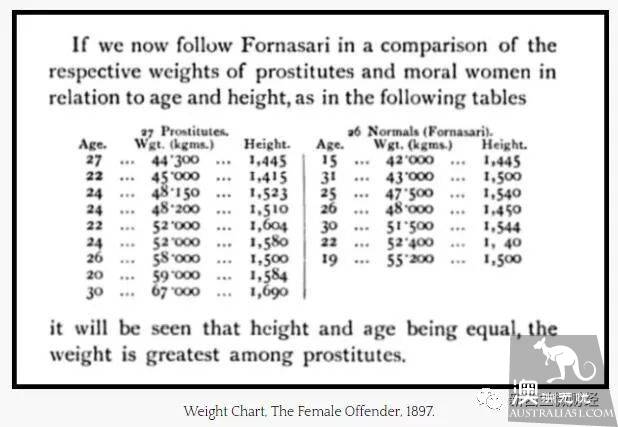

In the book The Woman Beautiful, published in 1899, the author Adelia Fletcher bluntly humiliates obese women, calling them "selfish" their existence is a crime. "
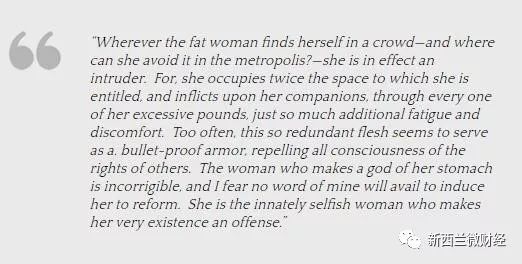
And in modern English-speaking schools, fat-shaming has cast a huge psychological shadow on millions of fat, adorable children-because of the social discrimination that prevails against obese people. Various vocabulary related to fat has also become a weapon for bullies on campus to make language insults to other children. They will directly equate fat with disaffection, self-discipline, poor family conditions, and laziness. Let the fat children feel inferiority to their own figure, heavy psychological burden on their backs.
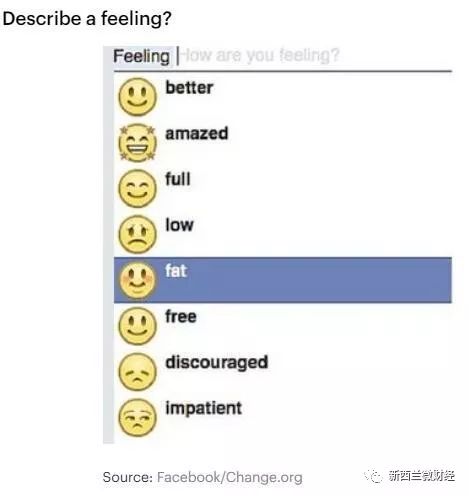
(there was an option to "feel fat" in Facebook's "emotional expression", which has been removed after being protested by netizens).
Really can't say Fat at all?
How to communicate with foreign fat pape
There may be people here who want to ask: in the English-speaking countries, how on earth should I express the meaning of "fat" to others? There are so many forbidden words that we all dare not communicate with people!
Actually, just remember three things:
1. Don't make assumptions about other people because of their weight / figure.
"losing weight" may be something that many people in the world are yearning for, or trying to do, maybe hundreds of millions of people are struggling with their BMI and body fat rate at every moment, and you can think you're too fat to dump your meat. But these are not the reasons you judge the rest of the world.
There are plenty of women who accept their larger size and think they are beautiful.
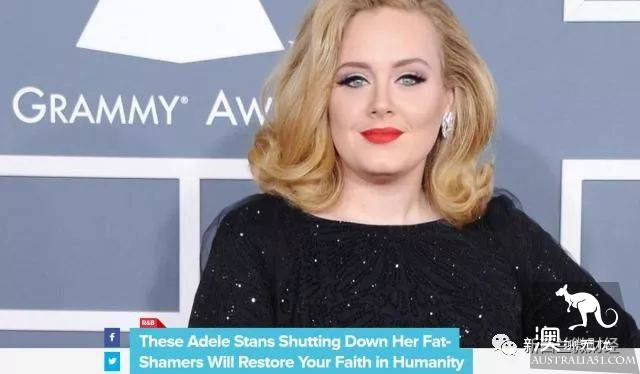
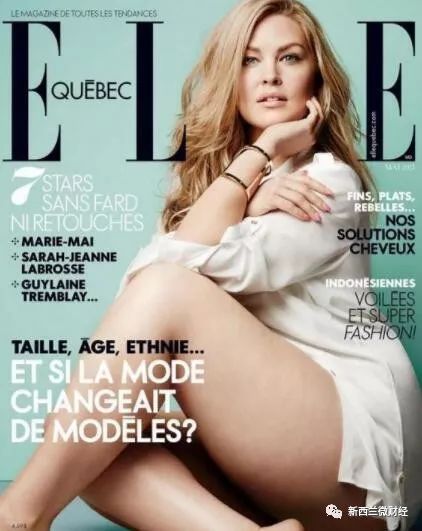

2, stand in other people's perspective.
Ask yourself, do you really need to point out that people are fat? Is it really that important for you to discuss weight / body size? Would you like to be judged on your body?
3, pay attention to cultural differences, boast not to say "chubby and cute."
Some Chinese friends may inadvertently make such taboos: seeing chubby children, they say, "Look at you,so fat and cute." in Chinese.

The parents of foreigners have absolutely ten thousand grass and mud horses in their hearts.
If you have to express your happiness with the word "chubby", here are some uses that you can refer to with caution:
For small children, such as babies, you can say that their "chubby face/cheeks" is cute (note that some sensitive parents may still think it's a little offensive).
For women, most of the time, cuddly ('s desirable), curvy (curve, full-bodied), curvaceous (,), buxom ('s fleshy body,), buxom ('s bravery / 80's praises, are considered acceptable;
You can also use more literary words, such as rubenesque (Rubens' general), voluptuous (), but be sure to pay attention to the subject and be careful not to be sexually harassed.

It's safer to say,: You have a great figure..
Of course, the most unmistakable thing is: no matter who you praise, don't boast on the basis of other people's body shape.
There is another situation that people may find difficult, such as I want to point out to others the fattest of the four passers-by, what should I say?

This is very simple: you can say the big guy, you can also use other features to refer to the second left, the bearded one.
Finally go back to the word fat: is it really impossible to say the word under any circumstances?
No, it's not.
In fact, now some foreign "fat paper" has begun to embrace the word "Fat", if they put their identify (definition) bit fat, then of course you can use the word in front of them, without discrimination.
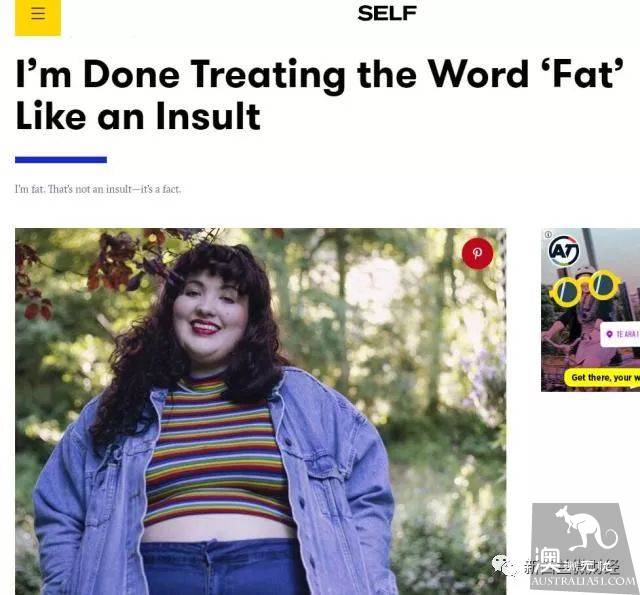
Lillian Bustle, a speaker who once appeared on TED Talk, once said:
"after I was no longer afraid of the word fat, I began to realize how often I was used to silence in order to avoid being associated with the word, as if my obesity were some kind of secret!"
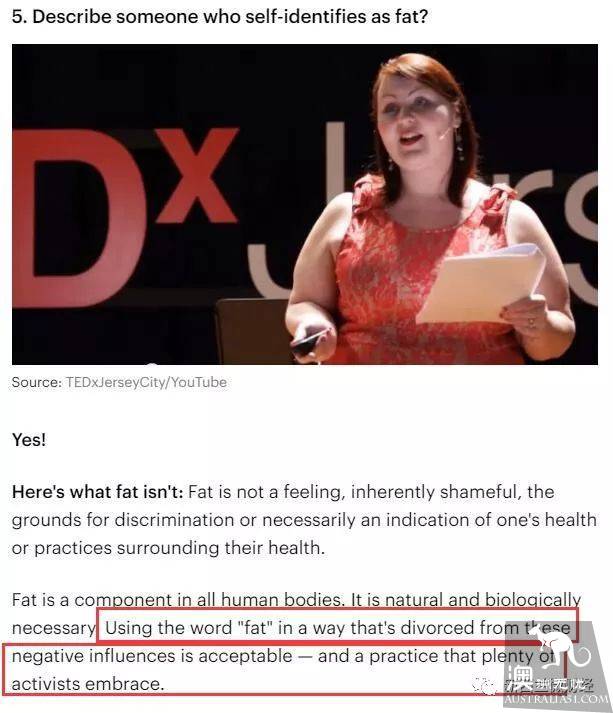
"We should discuss why the word is so toxic, to share our experiences, not to be ashamed of it and to shut up."
In other words, people don't have a problem with words like fat or obese itself-for example, in medicine, overweight and obesity are inescapable terms, and people object to the discrimination behind the words.

So, for us who use English as a second language, the most important thing is not to avoid forbidden words, but to learn to respect and treat people sincerely.
Believe that as long as you have enough respect and sincerity to others, even for language reasons, step on the minefield, a little explanation can also avoid misunderstanding.
Do you agree?